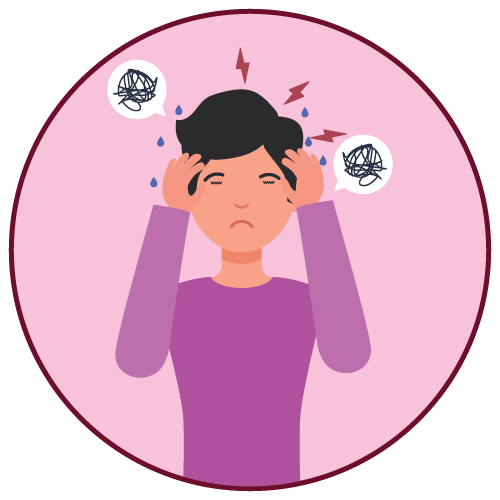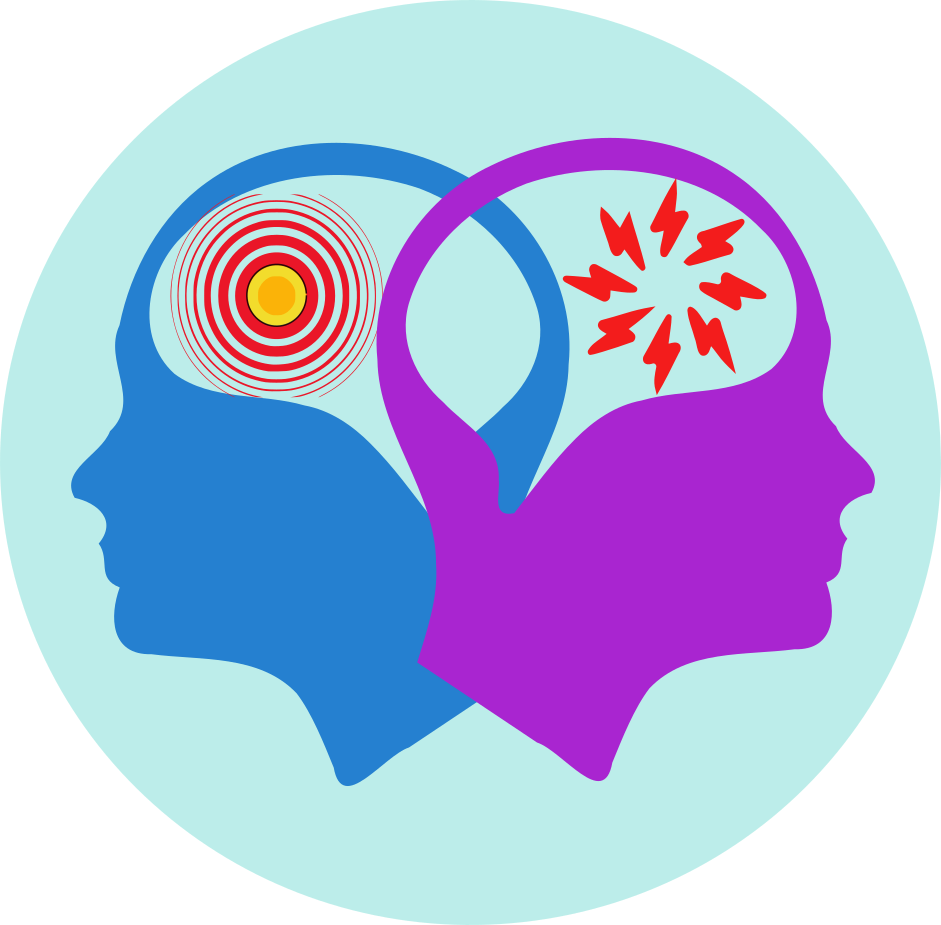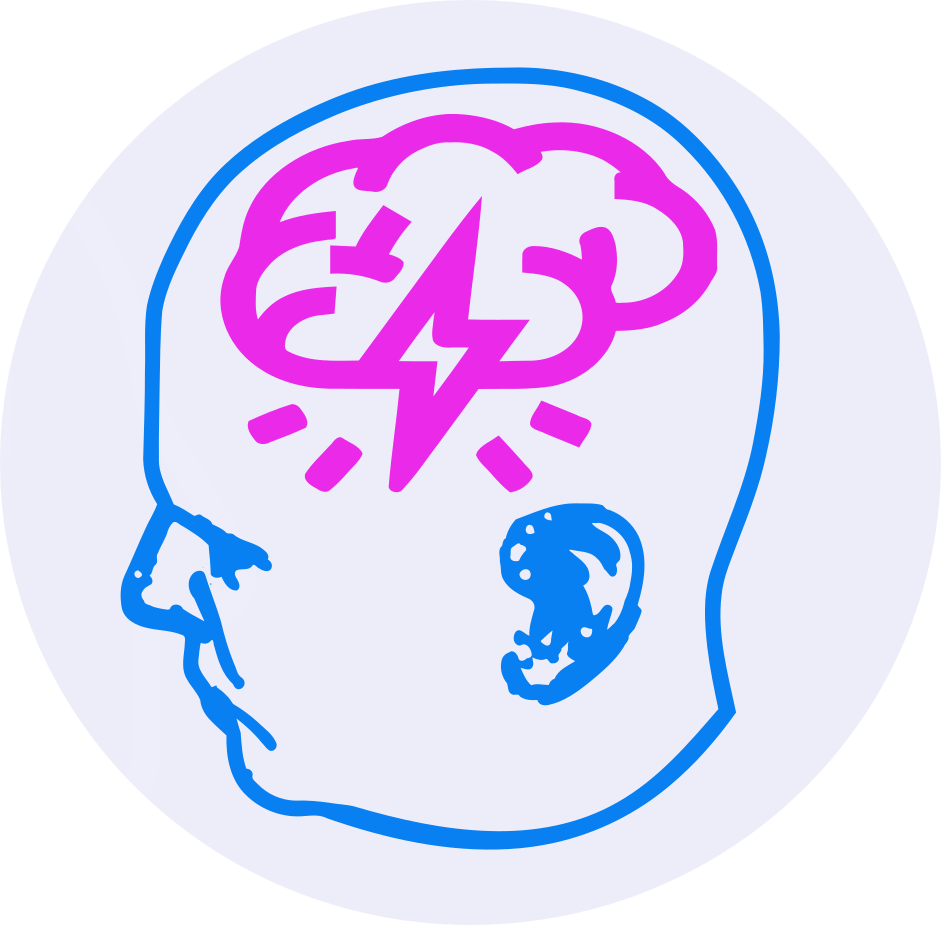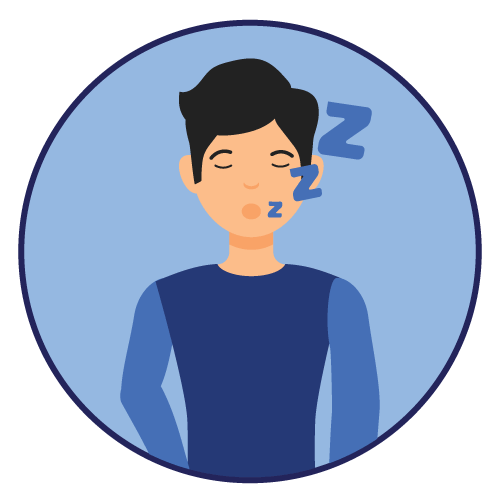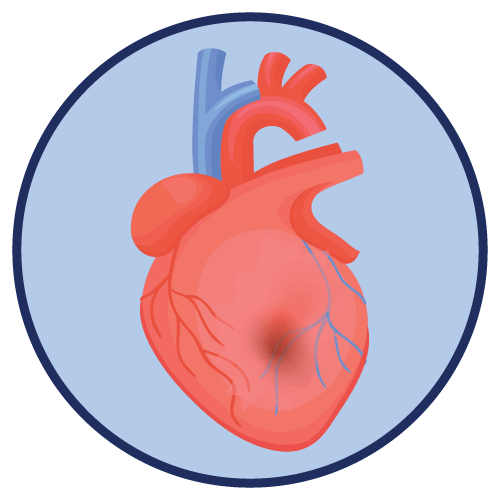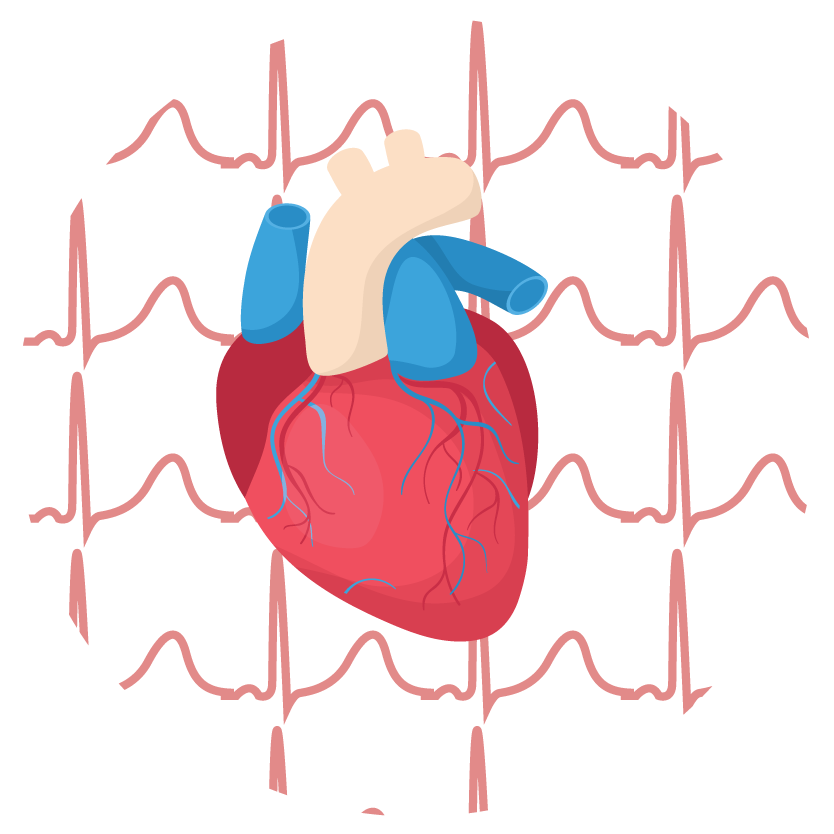| Name | Ziprasidone |
| Classes |
Central Nervous System Agent Psychotherapeutic Agent Atypical Antipsychotic |
| Diseases |
Ziprasidone
Ziprasidone belongs to a class of drugs called the atypical antipsychotics. The drug's therapeutic activity in schizophrenia is mediated through a combination of dopamine Type 2 (D2) and serotonin Type 2 (5HT2) receptor antagonism.
Ziprasidone is indicated for the following conditions-
- Schizophrenia
- Bipolar disorder
- Agitation associated with schizophrenia
Ziprasidone should be taken with food.
Schizophrenia
- Initiate at 20 mg twice daily.
- Daily dosage may be adjusted up to 80 mg twice daily.
- Dose adjustments should occur at intervals of not less than 2 days.
- Safety and efficacy has been demonstrated in doses up to 100 mg twice daily. The lowest effective dose should be used.
Acute treatment of manic/mixed episodes of bipolar I disorder: Initiate at 40 mg twice daily. Increase to 60 mg or 80 mg twice daily on day 2 of treatment. Subsequent dose adjustments should be based on tolerability and efficacy within the range of 40-80 mg twice daily.
Maintenance treatment of bipolar I disorder as an adjunct to lithium or valproate: Continue treatment at the same dose on which the patient was initially stabilized, within the range of 40-80 mg twice daily.
Acute treatment of agitation associated with schizophrenia (intramuscular administration): 10 mg-20 mg up to a maximum dose of 40 mg per day. Doses of 10 mg may be administered every 2 hours. Doses of 20 mg may be administered every 4 hours.
- Schizophrenia: Somnolence, respiratory tract infection.
- Manic and Mixed Episodes Associated with Bipolar Disorder: Somnolence, extrapyramidal symptoms, dizziness, akathisia, abnormal vision, asthenia, vomiting.
- Intramuscular administration (≥5% and at least twice the lowest intramuscular ziprasidone group): Headache, nausea, somnolence.
- QT Interval Prolongation: Ziprasidone use should be avoided in patients with bradycardia, hypokalemia or hypomagnesemia, congenital prolongation of the QT interval, or in combination with other drugs that have demonstrated QT prolongation.
- Neuroleptic Malignant Syndrome (NMS): Potentially fatal symptom complex has been reported with antipsychotic drugs. Manage with immediate discontinuation of drug and close monitoring.
- Drug Reaction with Eosinophilia and Systemic Symptoms (DRESS) has been reported with Ziprasidone exposure. DRESS is sometimes fatal. Discontinue Ziprasidone if DRESS is suspected.
- Tardive Dyskinesia: May develop acutely or chronically.
- Metabolic Changes: Atypical antipsychotic drugs have been associated with metabolic changes that may increase cardiovascular/ cerebrovascular risk. These metabolic changes include hyperglycemia, dyslipidemia, and weight gain.
- Hyperglycemia and Diabetes Mellitus (DM): Monitor all patients for symptoms of hyperglycemia including polydipsia, polyuria, polyphagia, and weakness. Patients with DM risk factors should undergo blood glucose testing before and during treatment.
- Dyslipidemia: Undesirable alterations have been observed in patients treated with atypical antipsychotics.
- Weight Gain: Weight gain has been reported. Monitor weight gain.
- Rash: Discontinue in patients who develop a rash without an identified cause.
- Orthostatic Hypotension: Use with caution in patients with known cardiovascular or cerebrovascular disease.
- Leukopenia, Neutropenia, and Agranulocytosis has been reported with antipsychotics. Patients with a pre-existing low white blood cell count (WBC) or a history of leukopenia/neutropenia should have their complete blood count (CBC) monitored frequently during the first few months of therapy and should discontinue Ziprasidone at the first sign of a decline in WBC in the absence of other causative factors.
- Seizures: Use cautiously in patients with a history of seizures or with conditions that lower seizure threshold.
- Potential for Cognitive and Motor impairment: Patients should use caution when operating machinery.
- Suicide: Closely supervise high-risk patients.
Contraindication
- Known hypersensitivity to any component of the medication.
- Co-administration with QT-prolonging drugs, at the exception of apomorphine, such as-
None known.
Domperidone is contraindicated in the following situations:
- Recent Myocardial Infarction
- Long QT syndrome
- Heart Failure
 Bangla
Bangla English
English